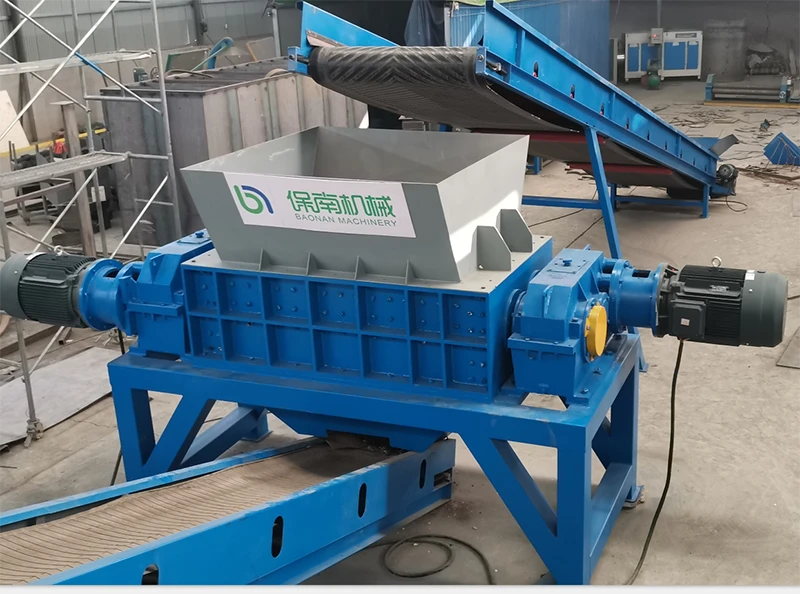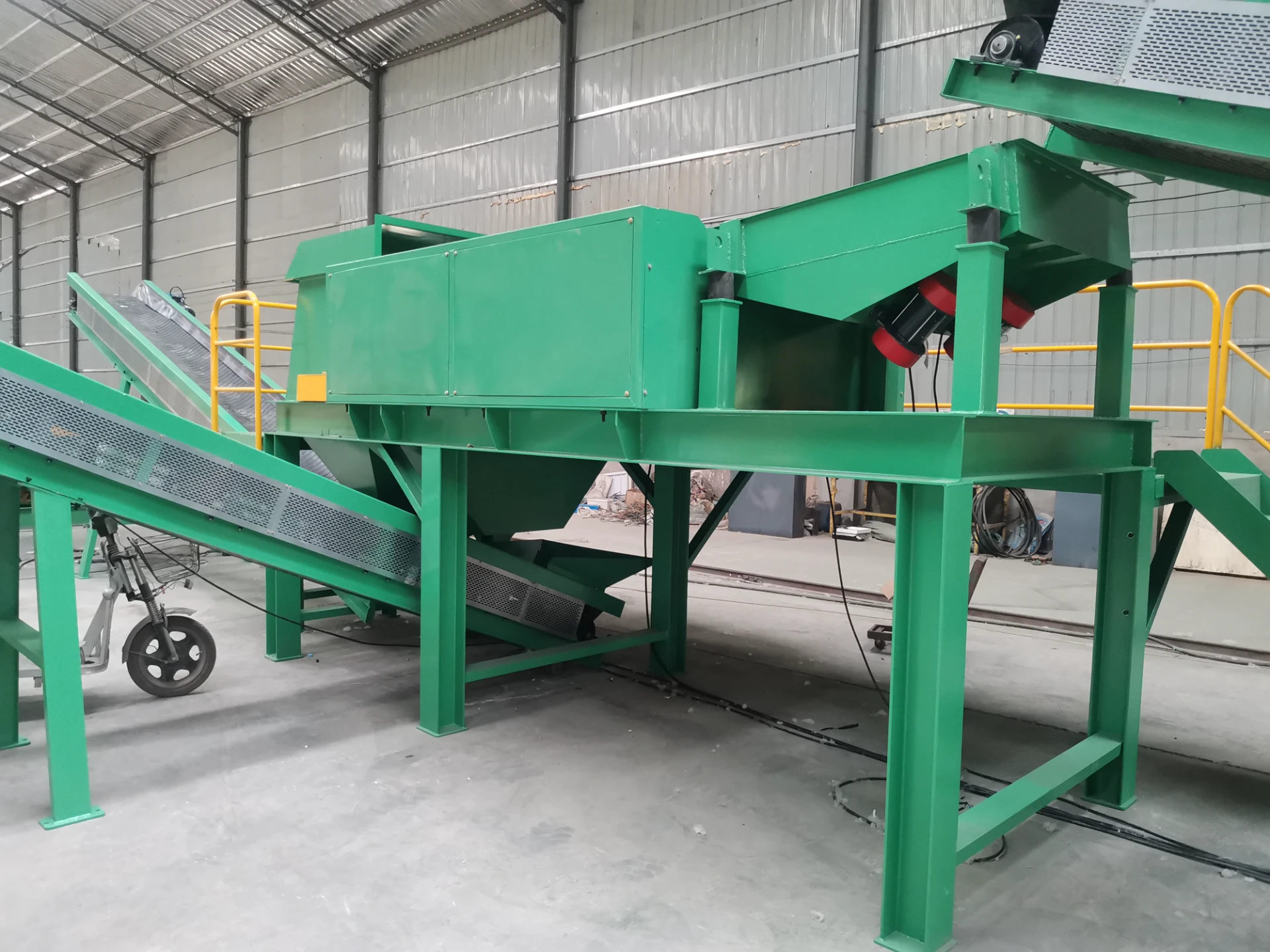Proper disposal of electronic waste, or e-waste, is a crucial concern in today's technology-driven world. The lifespan of devices is shortening as rapid advancements are made, leading to a significant rise in discarded electronics. This surge highlights the essential need for effective e-waste management practices. Here's an in-depth guide backed by expertise and authority on how to handle e-waste responsibly.

E-waste encompasses unwanted or obsolete electronic products like smartphones, laptops, tablets, televisions, and various other consumer electronics. As these devices are replaced by newer models,
it is critical to dispose of them in a way that safeguards both human health and the environment.
One of the most authoritative approaches to e-waste disposal is recycling. Electronics contain valuable materials such as gold, silver, copper, and rare earth elements, which can be recovered and reused. Recycling facilities are equipped with the technology to efficiently extract these resources while mitigating harmful environmental impacts. By collaborating with certified e-waste recyclers, consumers ensure that their discarded gadgets contribute to a sustainable cycle rather than expanding landfills.

Moreover, many manufacturers and retailers uphold take-back programs or drop-off locations to facilitate the recycling process. These initiatives often offer incentives, such as discounts on future purchases or credits, encouraging consumers to return their used electronics responsibly. Companies like Dell, Apple, and Best Buy have exemplified the role businesses can play in e-waste management, showcasing their commitment to reducing environmental footprint and promoting sustainable practices.
For items that are still functional, donation or resale is a practical alternative to disposal. Organizations and charities often seek gently used electronics to support educational programs, bridging the digital divide for underprivileged communities. Selling operational devices on platforms like eBay or Gazelle not only extends the lifespan of a device but also provides recourse for upgrading to the latest technology with a lighter conscience.
how do you dispose of e waste
From a legislative standpoint, many regions have enacted strict regulations governing e-waste disposal to align with global environmental standards. Compliance with these rules is essential for businesses and individuals alike. Laws often mandate particular disposal methods to reduce the release of hazardous substances such as lead, mercury, and cadmium, commonly found in e-waste. Understanding and adhering to local guidelines reinforces trust and showcases a commitment to ethical environmental practices.
In addition to legislative efforts, educational initiatives play a significant role in improving e-waste disposal habits. Awareness campaigns and workshops conducted by environmental organizations educate the public on the importance of thoughtful e-waste management. These programs equip individuals with the knowledge needed to make informed decisions regarding their electronic waste, fostering an environmentally conscious society.
For businesses, implementing an e-waste management strategy is not just a compliance measure but also an opportunity to build brand reputation and customer loyalty. By promoting sustainability through transparent and effective e-waste practices, companies can position themselves as industry leaders and trusted partners in environmental conservation. Partnering with certified electronic recycling and refurbishment organizations amplifies this effort, ensuring the reliability and credibility of disposal methods.
Finally, technological advancements continue to provide innovative solutions to the e-waste conundrum. Developments in recycling processes, such as chemical leaching techniques and improved sorting methodologies, enhance the efficiency and efficacy of material recovery. As the e-waste crisis escalates, investments in research and technology will be pivotal in addressing the challenges posed by electronic disposal.
In conclusion, responsible disposal of e-waste is an intricate undertaking that requires collective effort from manufacturers, consumers, and regulatory bodies. As we navigate the complexities of modern electronic consumption, fostering a culture of recycling, responsible disposal, and sustainable practices is paramount. By embracing these methods, we not only preserve valuable resources but also secure a healthier planet for future generations.



